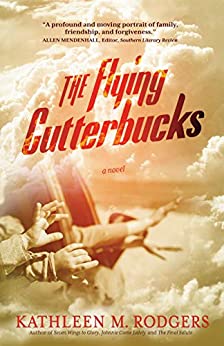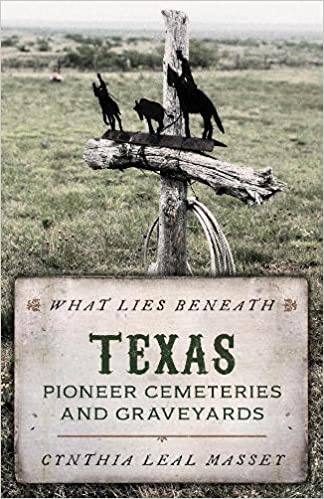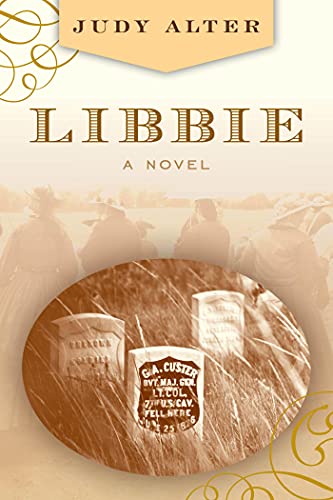
The Woman Who Smashed Codes by Jason Fagone is a remarkable true story about Elizebeth Smith Friedman, an American cryptanalyst extraordinaire.
In 1916 Elizebeth Smith and William Friedman met in Geneva, Illinois at Riverbank Laboratories, a highly advanced campus that pioneered modern cryptography. Soon after they married, Elizebeth and William left Riverbank in response to government offers to break codes pertaining to national security.
As Elizebeth and William branched out into the world of codebreakers, or cryptanalysts, they found that together they could solve secret messages. To them it was fun; to the country they became a vital link toward America’s security. At first they worked together. Using graph paper and pencil, they invented new techniques that transformed the science of secret writing, known as cryptology. Then, for many years they worked separately. From 1920-1930 Elizebeth worked for the American Coast Guard deciphering codes sent by bootleggers and drug smugglers. During WWII, she worked for the Treasury Department deciphering radio codes, especially from Nazi agents working in South America. William became a US Army cryptographer who ran the research division of the Army’s Signal Intelligence Service. Naturally, their work involved knowing the various languages of the countries sending the messages—Spanish, German, French, Japanese.
The world has recognized William’s work in the decades following World War II. He wrote textbooks that trained generations of codebreakers. Those who knew them both often said that Elizebeth was the more brilliant one of the pair. What held her back from public recognition was, pure and simple, gender. For instance: When massive arrests were made as the result of her codebreaking efforts of smugglers, articles and reports expressed amazement that a woman could achieve such accomplishments.
The Woman Who Smashed Codes is a well-written, detailed account of scientific and mathematical achievement. But, more than that, it’s a fascinating story that spans two World Wars, and describes in exciting detail roles the Friedmans played during those many years. The book is rich in the different facets of cryptography, with many examples of codes and code breaking, the difference between codes and ciphers, etc. People who love puzzles will be fascinated by the many examples of codes and ciphers used and how they were “broken.” The book gives a fresh view of both World Wars and the various intelligence services that it took to combat them. Although Elizebeth lived in the shadow of her accomplished husband, she served her country admirably through her own impressive capabilities and expertise.












